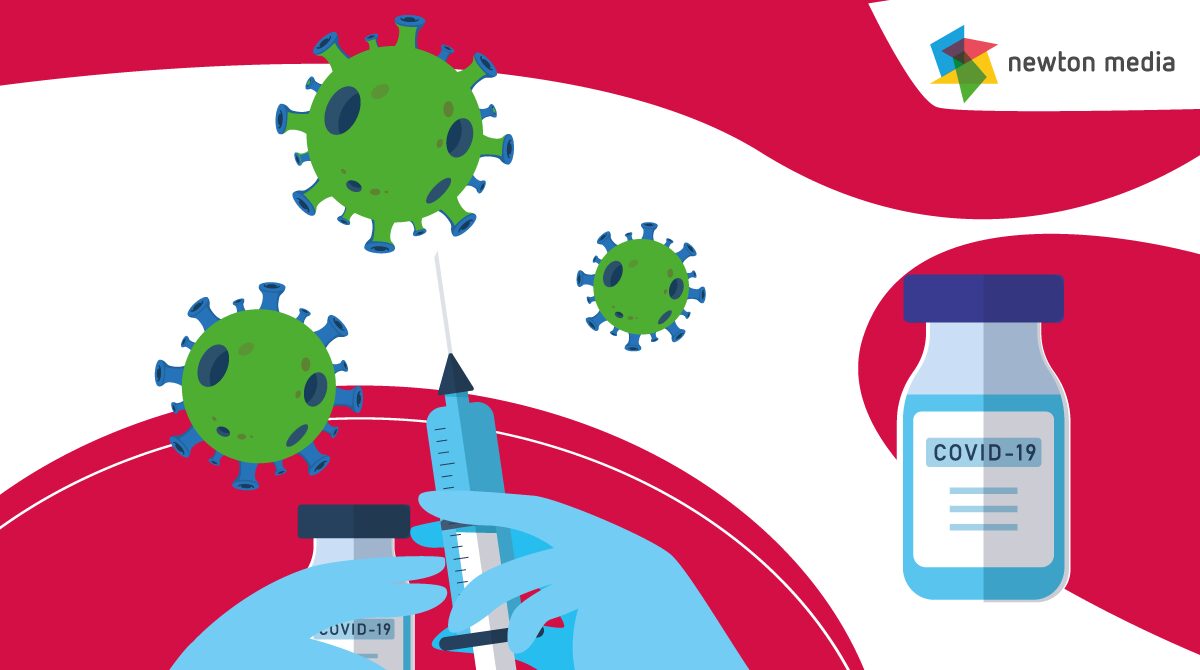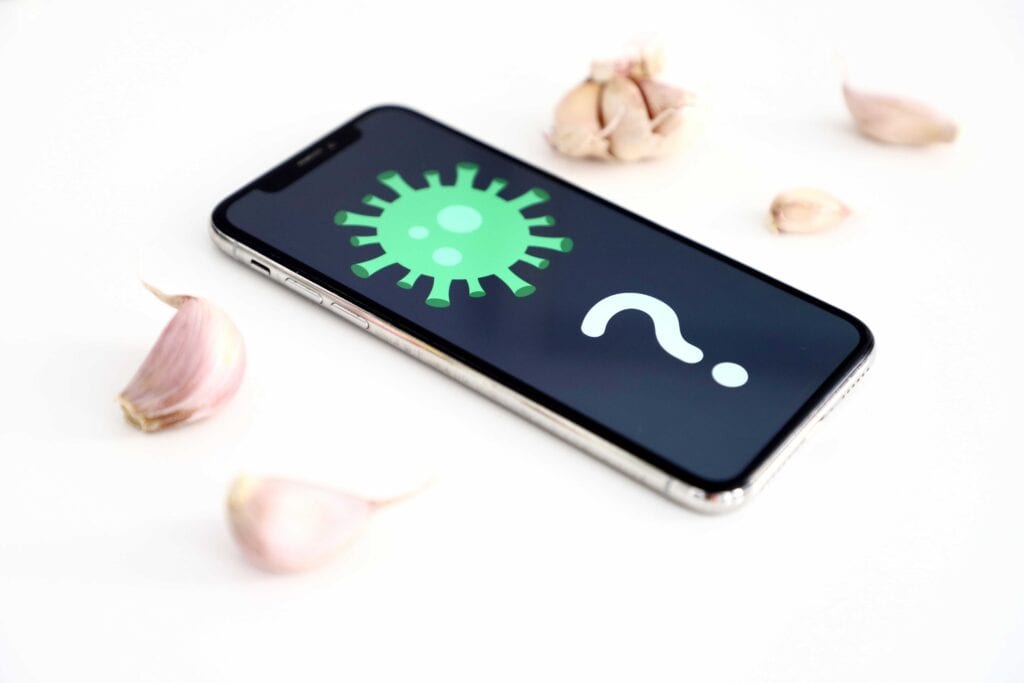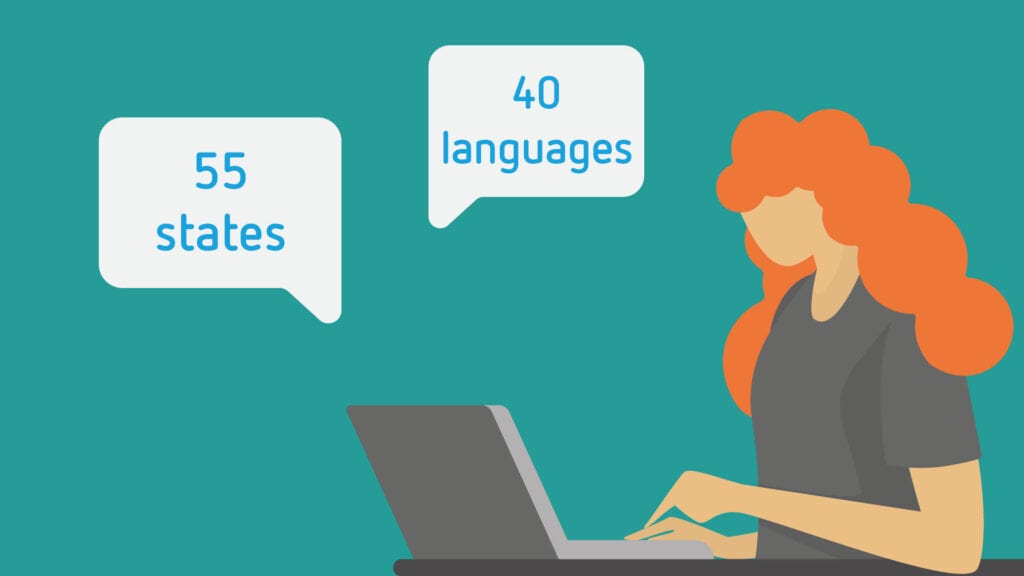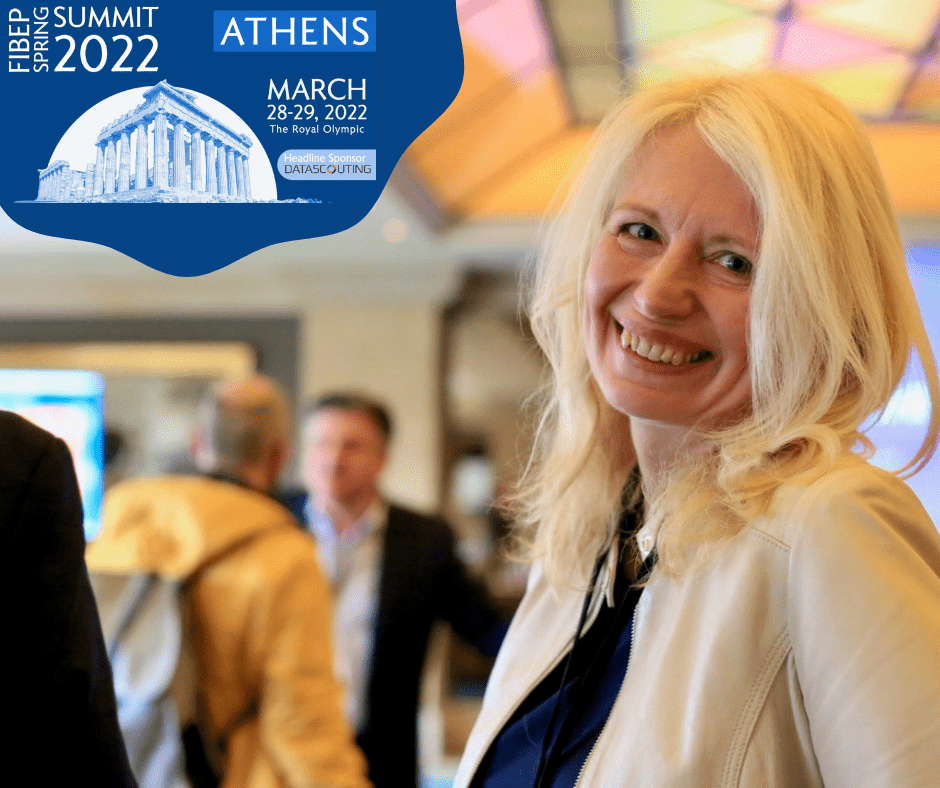The topic of the third dose of COVID-19 vaccine resonates strongly in the media. While articles with positive sentiment towards vaccination dominate in the traditional media, the social networks are dominated by negative contributions, even among users who have already received the first and second doses. People are afraid of possible side effects, question the effectiveness of booster vaccines, or quote medical authorities who do not approve the widespread application of the third dose. According to an analysis by Newton Media, a third of those who have previously gotten vaccinated are now considering not to take the third dose.
The Czech media paid significant attention to booster vaccines. According to Newton Media’s analysis, more than 1,500 articles have been published in selected traditional media since the third dose vaccination began on September 20 till November 10. Every inhabitant of the Czech Republic (over the age of 15) could read, listen to, or view 39 articles related to the COVID-19 vaccine third dose. Increased awareness of the third dose was also reflected in the social media debates, where the topic resonated across all discussions about COVID-19. In total, almost 10,000 posts were recorded on the social networks, with a total reach of 9 million impressions.
Almost a third of the articles published in the traditional media were positive about the third dose. A criticising or ambiguous attitude towards the booster vaccine was represented only in 3 % of articles. In social media, the topic resonated most in Facebook discussions (66 % of mentions) and in discussion sections of news websites (26 %). In the traditional media, articles with a positive approach to revaccination dominated; meanwhile, in social media, the sentiment of the statements was completely opposite. Negative opinions against the third dose prevailed here (44 %), while only a tenth (13 %) of comments were positive. The authors of ambivalent contributions (7 %) were mostly people who completed two doses and were still hesitant or disagreed with the booster.

„Out of the people involved in the discussion, 20 % mention that they are vaccinated. However, a third of them are considering not taking the third dose,“ says analyst Alena Zachová from Newton Media. The reasons are various. They often fear the side effects because of negative stories about the third dose circulating on social networks or bad experiences within their social circle. People also often argue with medical authorities that they do not approve of the widespread application of the third dose in the population. Distrust in the effectiveness of vaccines has repeatedly arisen. Some discussants want to decide on the third dose based on the actual level of antibodies in the blood. „Many of those who have received first and second doses are now leaning towards a group that refuses vaccination, which is much louder on the social media. This trend represents a communication challenge for political and professional representation,“ Zachová points out.
Newton Media conducted the media analysis of the third dose of vaccination within the Infomore.cz project, which is carried out in cooperation with the Faculty of Social Sciences, Charles University in Prague, and the Medical Faculty of Masaryk University in Brno. A team of analysts from the academia and business sphere has been monitoring the media coverage of the COVID-19 epidemic for almost a year and points to good and bad practices in disseminating information about the pandemic. The project, supported by the Technology Agency of the Czech Republic, was recently awarded in the international competition of media analysts‘ AMEC Awards. It succeeded in the category focused on effective planning, research, and evaluation of communication.






